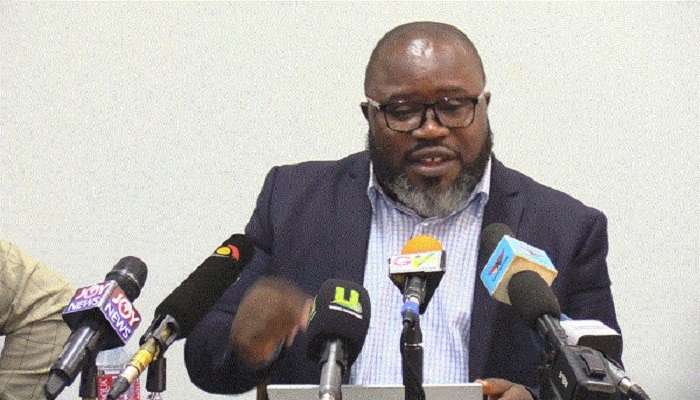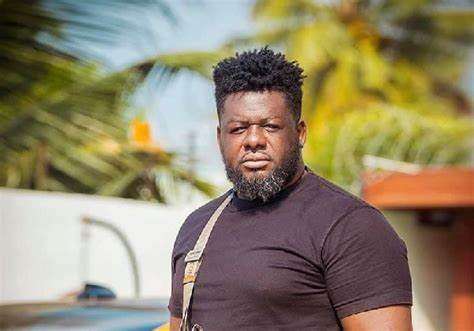Executive Director of Africa Education Watch (Eduwatch), Kofi Asare, has called on government to reposition its flagship free senior high school policy to target only students from public basic schools.
Mr Asare indicated that it is imperative for government to have discussions on reviewing a policy like the free senior high school despite its“impactful” impression on the educational sector via its increased enrolment from about 880, 000 in 2016/2017 to about 1.3 million. He revealed that Ghana, being a “middle income country does not have the luxury of abundant resources” to continue to make such offer.
“So, we have proposed as Eduwatch that the free senior high school is repositioned to focus only on students who attended public junior high schools, so that students who attend private junior high schools pay their own fees at the secondary school level, because the cost of private senior high school education in a year is more than how much government pays for free senior high schools. Government is paying an average of GHS1, 500 a year as school fees under the free senior high school… So, if you can pay more than GHS1, 500 a year for your junior high school 3 students to complete junior high school in a private school, then you shouldn’t have a problem paying that same money when they’re in senior high school.”
Kofi Asare
Review of free SHS policy
Commenting on a speech made by Asantehene Otumfuo Osei Tutu II, which indicated that the policy is putting strains on the national budget and raises further challenges of job creation for the teeming graduates in the country, Mr Asare opined that it is not a “new discussion but it is a very important public interest issue that will keep occurring”. He expressed that the review of a policy is part of every policy implementation arrangements, and as such policies are reviewed either “formatively, summatively” or both.
The Executive Director of Eduwatch explained for a policy to be done “formatively”, it is reviewed as it is being implemented. He indicated that when it is done summatively, it is reviewed at the end of the policy and “you strengthen implementation and ensure that the policy is very much positioned towards achieving its intended objective”.
“That is huge but the context for His Majesty’s pronouncement is a reality… So, whenever you are implementing a policy that has actually succeeded in increasing enrolment to the level of the free senior high school [and] 550,000 more children are in secondary school, it means that two things are going to happen. The number of students completing secondary school and not being able to transit to tertiary are going to increase. That is going to mean, there are increase in demand by secondary school graduates… The second is that, they are going to increase opportunities for tertiary education and also increase demand for jobs after tertiary level.”
Kofi Asare
Mr Asare emphasized the increase in demand for jobs by graduates from both senior high school and tertiary schools have to “be met to commensurate investment in the private sector especially and to some extent the public sector”. This, he explained, can be done once government has the monies to go through with it.
“How do you do this? You need cash. We don’t have the cash. So, if you don’t have the cash it is logical that you consider how you are investing resources in the policy… So, if we are able to do that and allow only public school, junior high school graduates to enjoy free senior high school, what we are going to do is that we are going to save at least $60 million. I’m talking of about GHC500 million… We are going to save at least $60 million and channel that money into government-owned job creation policies…”
Kofi Asare
READ ALSO: Putin Defends Ukraine Invasion In Victory Day Speech



















